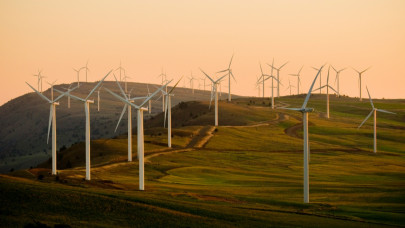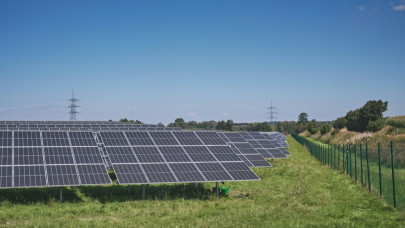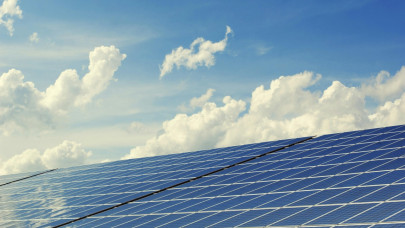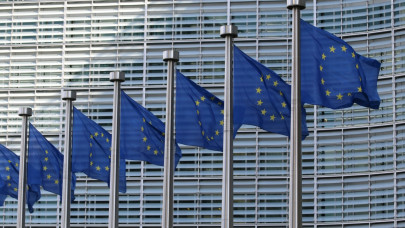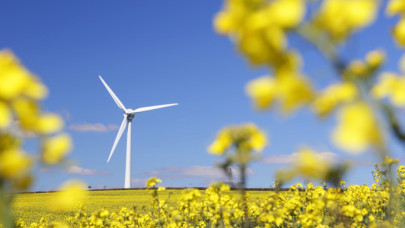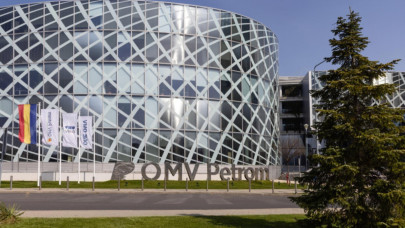The plant, located in southern Romania, spans approximately 16.5 hectares and has a total capacity of 9.5 MWp. As part of the repowering, 3 MWp of the installed capacity underwent a comprehensive upgrade. This included replacing 11,550 photovoltaic panels due to cracked back sheets that caused a drop in electricity production. The defective panels were replaced under warranty, restoring the plant's full capacity and improving its overall efficiency.
“This project is a pioneering effort in Romania, marking one of the first repowering initiatives for a photovoltaic park originally installed during the early phase of the country's renewable energy expansion. It's our first such project in Romania and the fifth in Europe, following successful completions in France, Germany, and Austria. With the new panels, the Frăsinet plant is once again operating at full capacity, supplying energy to the national grid and covering the annual consumption of over 3,200 households,” said Paul Moldovan, CTO of Parapet. "We expect similar projects to rise across Romania, focusing on enhancing the performance of existing solar parks and supporting the nation's renewable energy output."
Ben Salm-Reifferscheidt, Managing Director at Kraftfeld, added: “This repowering project reflects the maturity of our portfolio and our commitment to renewable energy and lower-carbon power generation. The technical upgrade was completed without the need for additional land or structural changes, thanks to the higher power density of the new modules. We are grateful to Parapet for their excellent work at our Frăsinet 2 solar farm and look forward to future collaborations.”
As part of its sustainability efforts, Parapet recycled 220 tons of photovoltaic waste generated during the panel replacement through a local, authorized contractor. This included 165.1 tons of glass (75%), 19.8 tons of aluminum (9%), 6.6 tons of silicon (3%), 3.3 tons of copper (1.5%), and 25.3 tons of adhesive (11.5%).



